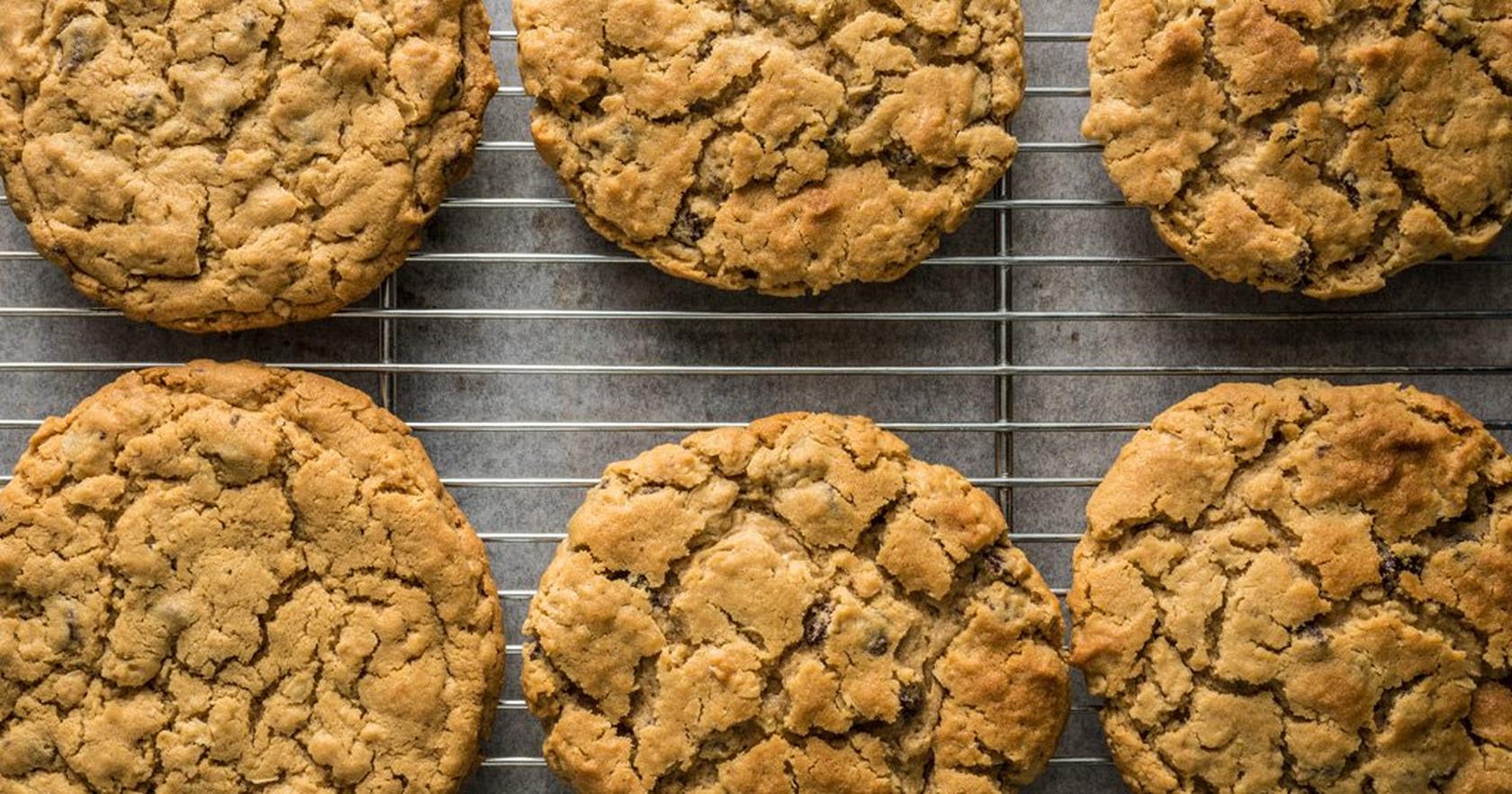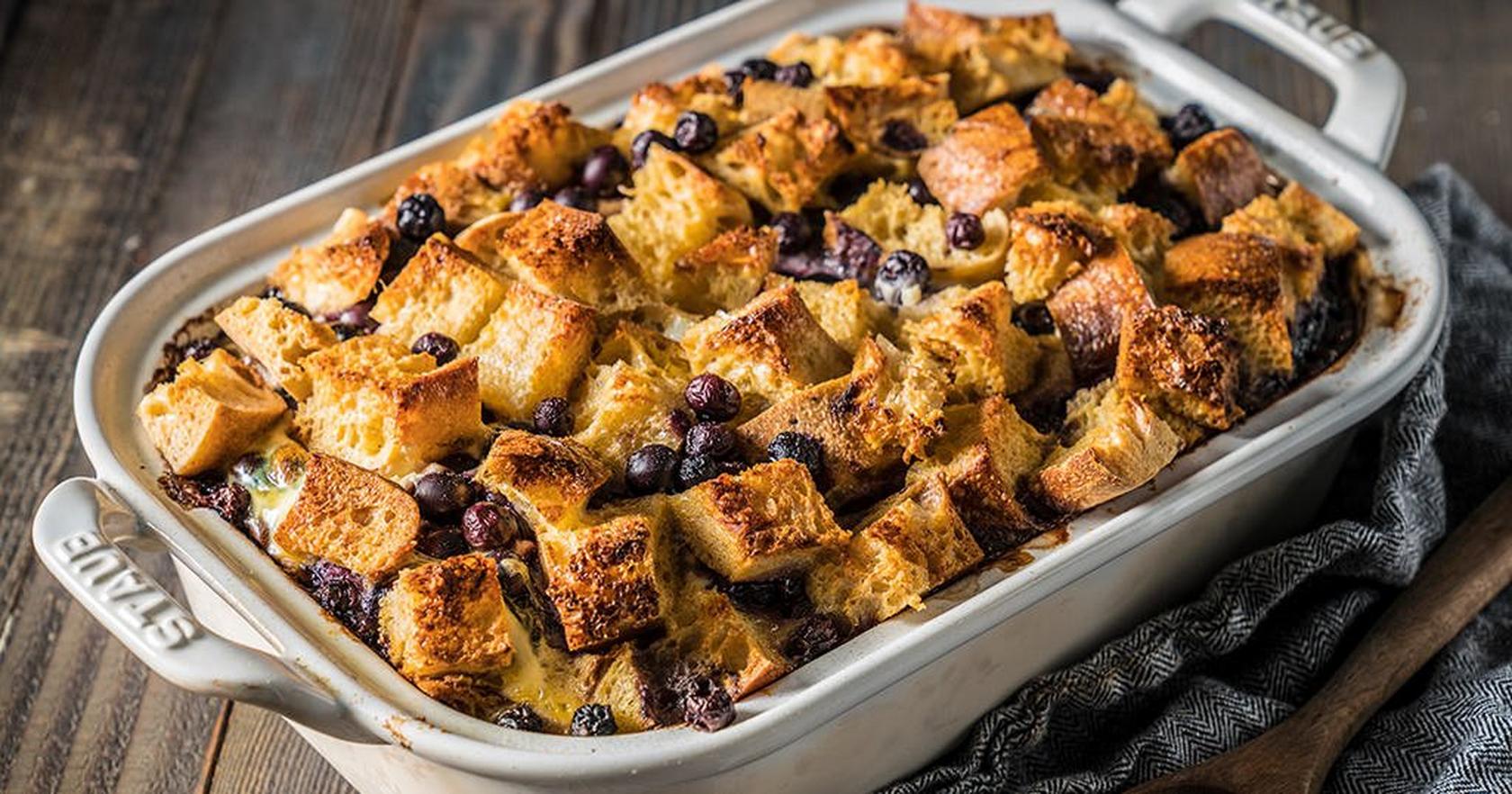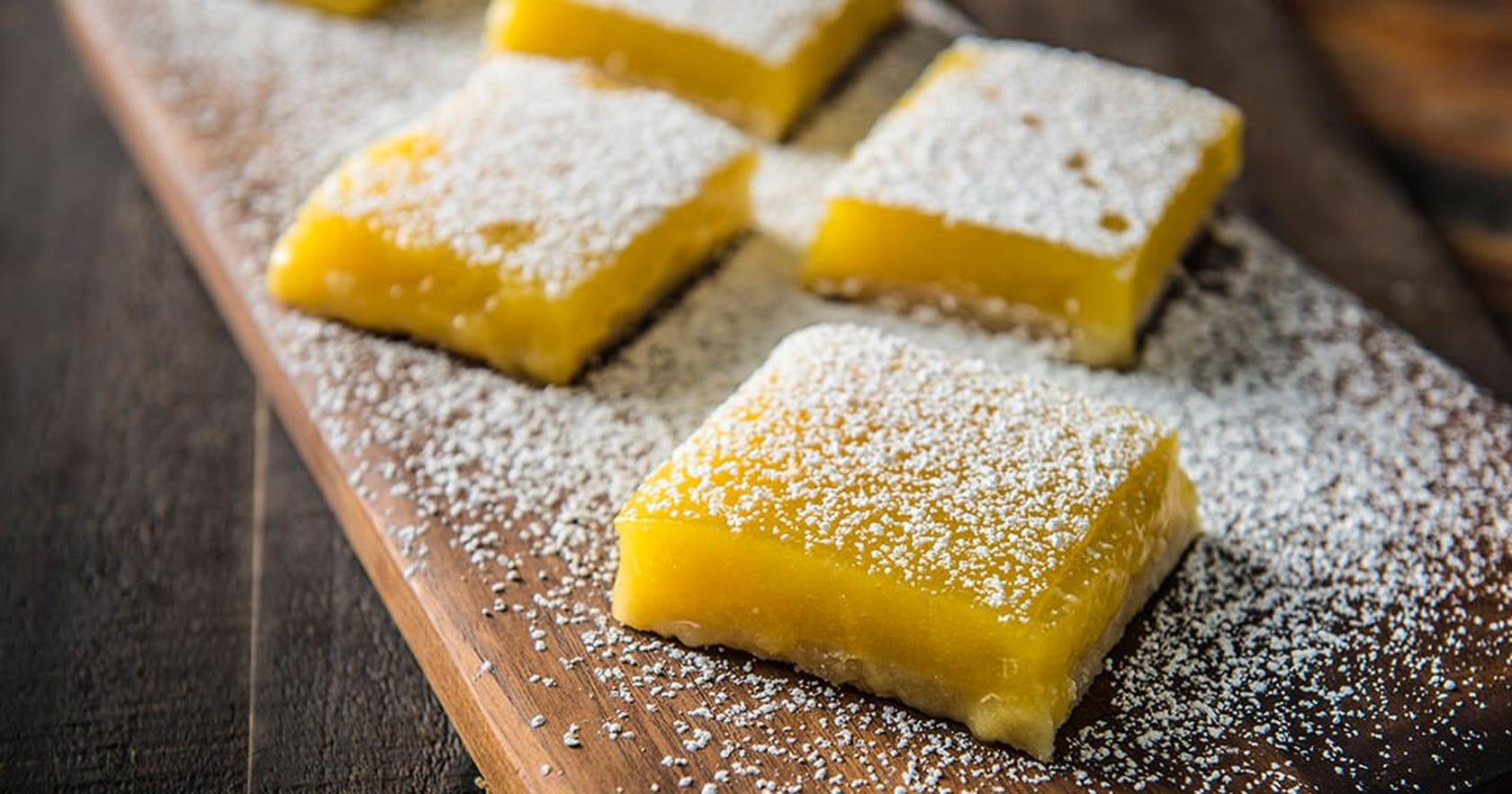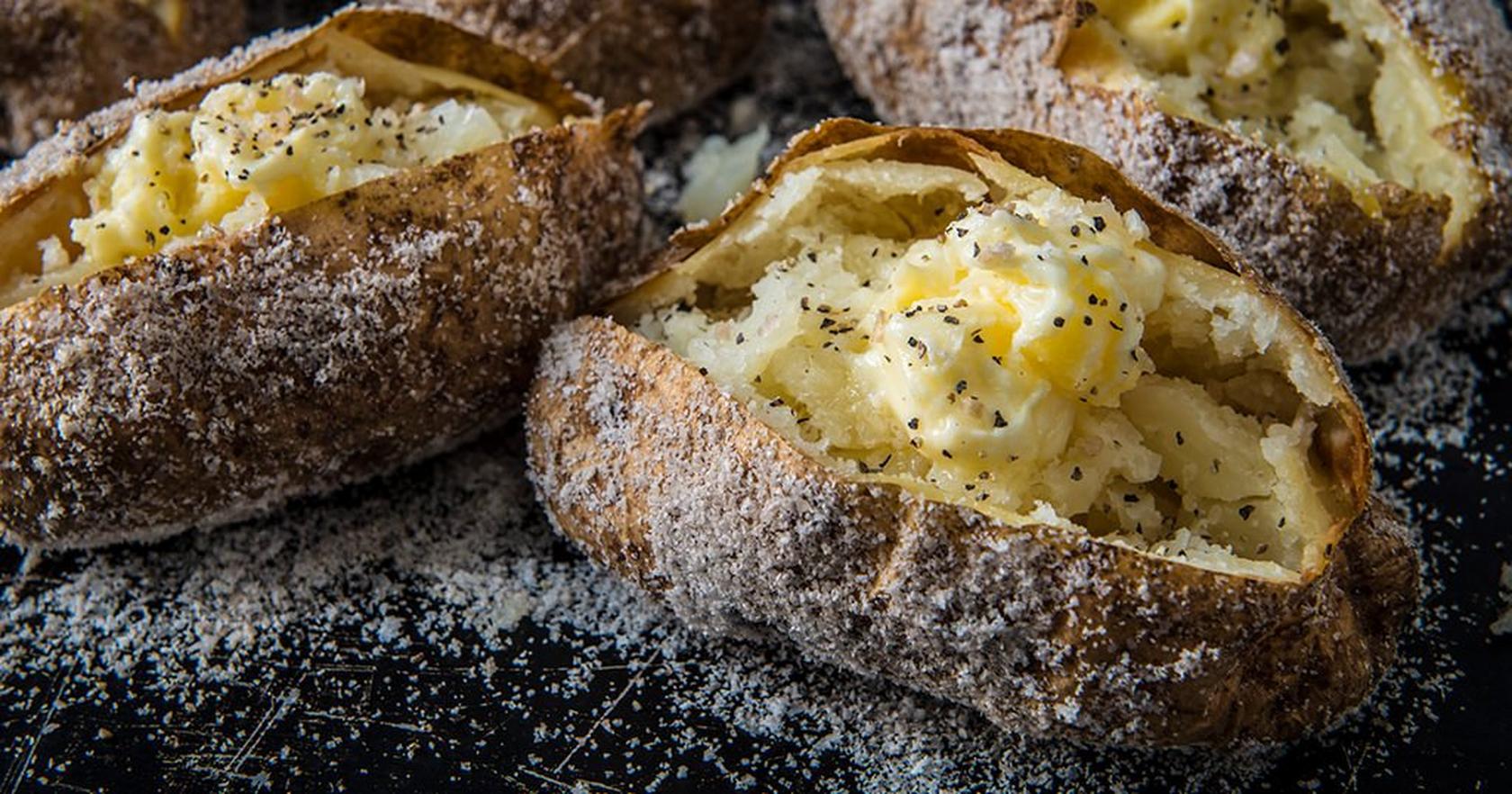
When you imagine cooking on a Traeger pellet grill, it’s the big, manly meats like brisket, pulled pork, and ribs that come to mind first. But there’s also a softer side to the Traeger. Think pies, biscuits, cobblers, cakes, and cookies. That’s right: Your Traeger also works great for baking. And, no, your brownies will not taste like smoke (unless you want them to).
Thanks to Traeger’s set-it-and-forget-it technology, baking on the Traeger does not require any more skill than baking in your oven. Since every Traeger Grill, like the Woodridge Grill, operates as a convection oven, that means any recipe that calls for an oven can be cooked on the grill. But there are a few things to keep in mind when baking on the Traeger as well as some tips to guarantee success.
But first let’s start with the basics: What does it mean to bake?
What Do We Mean By Baking?
Baking is a dry heat method of cooking food in which the food is surrounded by hot air as in an oven. Most baking is done at temperatures between 325°F and 375°F and lightly browns foods. (Roasting, which is similar, is usually done at temperatures between 375°F and 500°F.) And though there are exceptions, baking usually concerns batters or other liquid-y mixtures that thicken and even solidify during the bake, as in this hearty breakfast casserole. And because most baking recipes include a transformation into a solid, most baked recipes also require a pan.

How to Master Baking on the Traeger
To be honest, this article could be as short as saying “baking on the Traeger is the same as baking in the oven.” As with an oven, you can easily set the Traeger to a desired temperature. You need to preheat it first, the same way you do your oven. After preheating, it will maintain the set temperature—just like an oven. Your food can cook in the same ovenproof pans and dishes you use in your oven. And, like your oven door, the grill lid stays shut during baking.
To be more specific, the Traeger acts just like your oven on the convection setting, which means a fan is blowing around the hot air for the most even and quicker heating. And as with a convection oven, if a recipe was developed for non-convection cooking, you may want to reduce the temperature on the Traeger by 25 degrees and start checking for doneness sooner.
One important way baking on a Traeger differs from baking in most ovens is that you can track your bake on Traeger’s handy app.
But what about the smoke? That’s a good question. At grill temperatures over 275°F, the amount of smoke the Traeger creates lessens significantly and at 350°F it’s barely noticeable, which means your baked goods will not taste smoky. Indeed, if you are looking for wood-fired flavor in a baked good, it’s usually best to smoke an element of the dessert, such as the milk in this wood-fired chocolate pudding or the custard in these tangy lemon bars. You can also hedge your bet against overt smoke flavor by cooking with mild flavored pellets, such as apple or cherry.

Tips for Baking on The Traeger
Here are a few tips for getting the best results when baking on a Traeger.
Choose the right pellets.
There may be times when you want a strong smoke flavor for whatever it is your baking, but most of the time a milder pellet, such as cherry or apple works best. This is especially true when baking desserts; what little you get of wood-fired flavor from these pellets will complement most sweets.
Position your grill grate a bit higher, if possible.
If your grill allows for it, elevate the item you want to bake by using a higher grate position. This prevents it from baking directly over any hot spots on the grill. When the hot air is blown around, there is usually no need to rotate the pan for even baking. However, if you want to bake multiple items on different height grates, switch their positions halfway through cooking.
Consider reducing time when adapting oven-baked recipes.
If your recipe was originally written for oven baking, you may want to reduce the cooking time and possibly the temperature. Chances are the recipe was developed without considering convection, which cooks foods faster. Pro tip: To get to know the ins and outs of baking on a Traeger, try baking a dish you are already familiar with and know what results to expect. That way you can get a sense of what kinds of adjustments you may need to make for your specific grill.
Check for doneness on the early side.
Whether you are baking in an oven or on the Traeger, it’s always a good idea to begin checking on your bake sooner rather than later; you can always continue baking, but you can’t undo overbaking.
Rely on doneness indicators over time.
As with all recipes, not just those for baking on the Traeger, the cooking time suggested is just that, a suggestion. Because the grill model, the weather, and even your baking pan material can affect cooking times, be sure to rely on doneness indicators (a clean toothpick, a browned crust) over time when evaluating doneness.
Baking is Not Only for Sweets
For much of this article, we have focused on baked desserts, but there are all kinds of savory foods you can bake on the Traeger, such as pizza, casseroles, gratins, and mac and cheese. There are even some proteins that take well to the lower temperature used for baking, such as salmon and chicken. And we can’t forget about baked potatoes.

Baking on the Traeger FAQ
How is baking different from roasting?
The actual cooking process, meaning food being surrounded by hot, dry air, is the same, but roasting most often takes place at temperatures above 375°F. Roasting also seems to apply mainly to whole, solid foods, like meat roasts or vegetables, which are usually coated with some kind of fat like butter or oil.
What kinds of baking pans can I use on the Traeger?
You can use any oven-safe baking pans on the Traeger. No matter the pans you use, be sure to leave 1 inch of clearance on each side of the sheet to allow for airflow. Also, you will see smoke residue on the pans, but it washes off easily from most surfaces. That said, you may want to use older or disposable pans because of this as they can darken over time.
Can I use parchment paper on the Traeger?
Yes. Because there is no open flame, you can line your baking pans and sheets for easy cleanup with parchment paper or Traeger butcher paper without worry. Keep in mind, however, that most brands, including Traeger, recommend using it at temperatures below 425°F, which makes it fine for most baking recipes.
Now that you know how to master baking on the Traeger, get those baking sheets and pie tins out and get baking. When it’s hot outside, you’ll love baking this strawberry shortcake (the perfect dessert for a big summer barbecue) outside on the Traeger instead of heating up your kitchen.